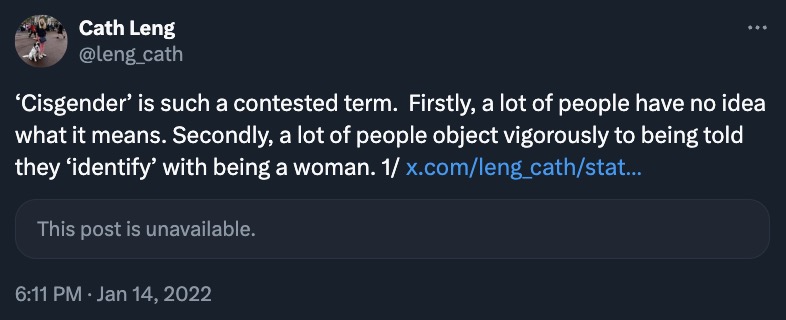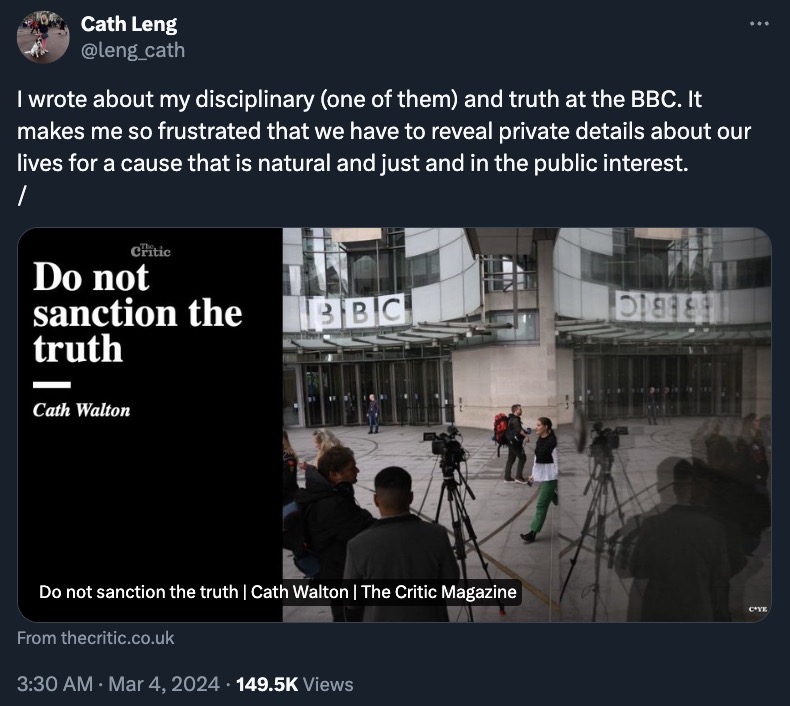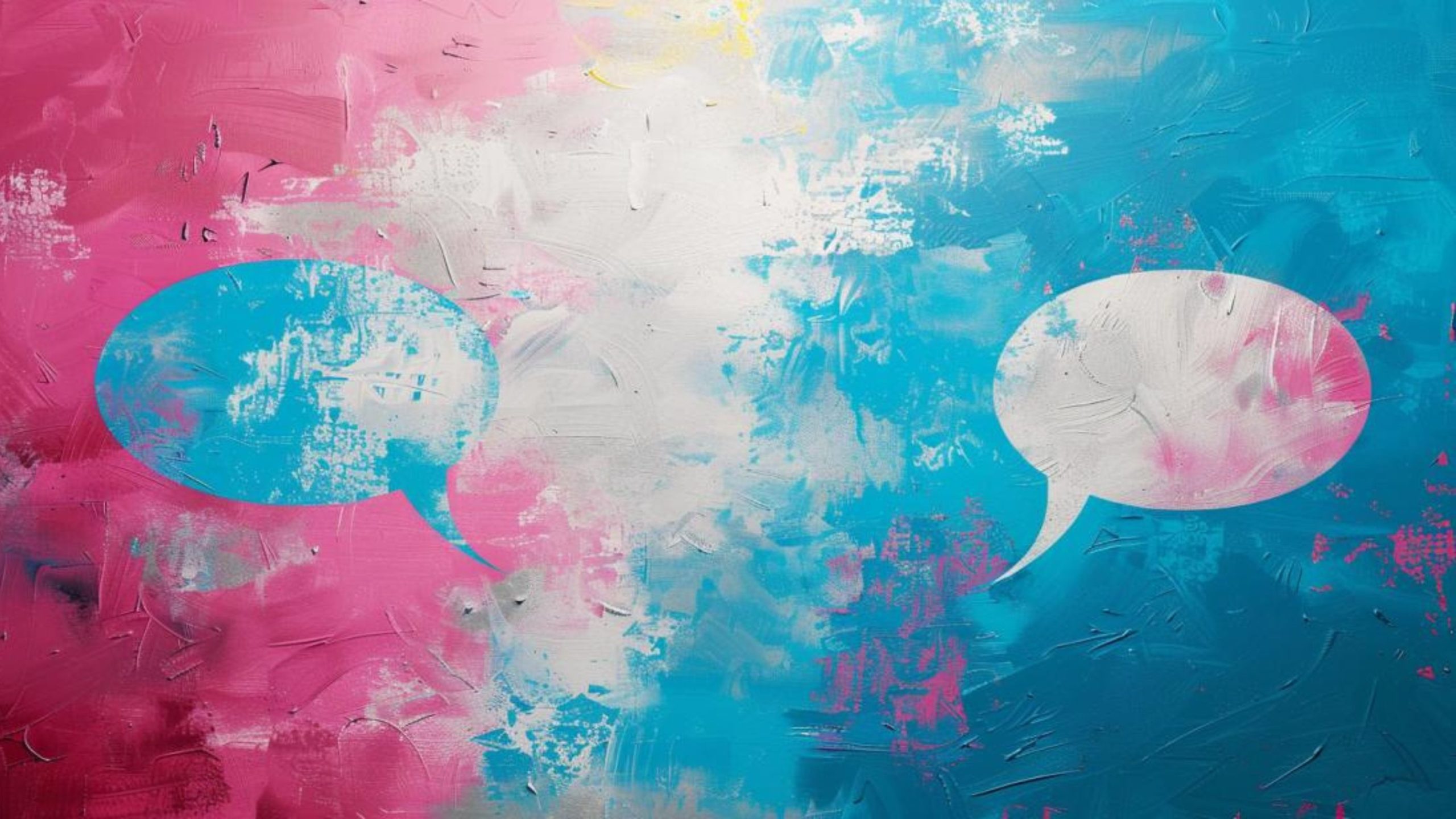Cath Walton, a former senior broadcast journalist with the BBC for over two decades, found herself amid an unsettling case of corporate censorship, revealing that she faced pressure from an internal disciplinary board to erase her tweets that were critical of gender identity issues, with the BBC taking a punitive stance when she chose not to comply.
Leaning on her years of experience covering a diversified range of topics from politics and health through education and legal affairs, Walton shared her thoughts on the term “cisgender” in a sequence of Twitter posts two years prior.
The term, which describes those that resonate with the gender assigned to them at birth, and she argued, builds an implicit notion that “females” are just a subset of “women.” Her statements touched on a sensitive debate, suggesting an unproven philosophical system by encouraging men to be recognized as women.

The fallout was swift — barely an hour had passed since her tweets when she received orders from her then-supervisor to remove them due to an alleged violation of BBC’s online regulations.
According to the Daily Mail, Walton held her ground, refusing to erase her tweets or concede to any wrongdoing.
In her defense, she endorsed a position akin to that of Justin Webb, a BBC Radio 4 host, who recently faced impartiality allegations for his on-air remarks. Both, according to Walton, were stating objective facts and voicing concerns over the amplifying use of the label “cis” by BBC broadcasters. This, despite a general BBC policy training journalists to refrain from utilizing activist lingo.

Walton, who now works as a freelance journalist primarily covering women’s rights and impartiality, explained her decision to open up about the incident after Webb’s case. She argued such conversations concerning truthfulness on sex and gender debates are “very live in the back rooms of all broadcasters, not just the BBC.”
Her refusal to back down led to a disciplinary inquiry where she was once again urged to retract her tweets and admit fault. Nonetheless, the process came to a sudden conclusion when nobody could point out any inaccuracies in her posts. Walton then initiated a grievance hearing against the BBC for the extended period of distress she had experienced because of the inquiry. The case partially supported Walton’s claim on the grounds of procedural irregularities but dismissed her allegations of discrimination and harassment.










